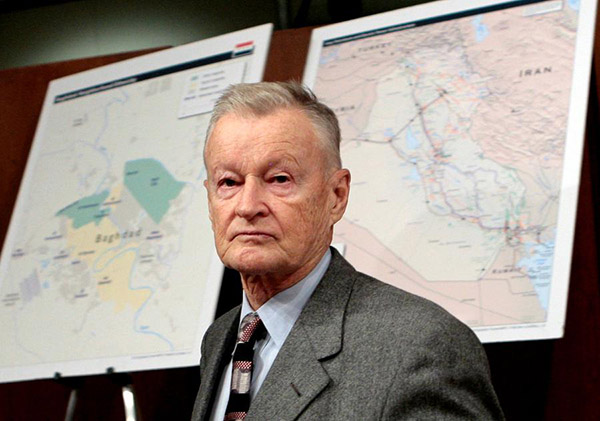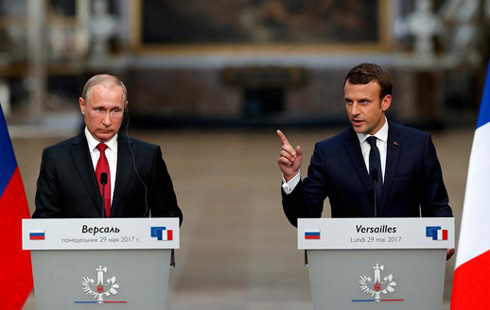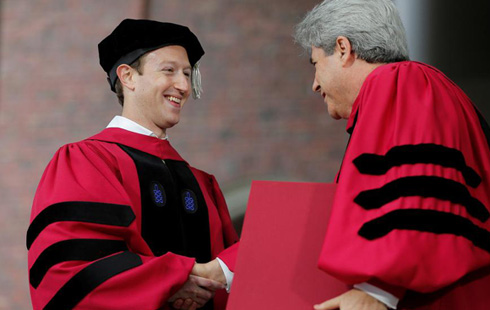Former US national security adviser Brzezinski dies
 |
|
Former US National Security Adviser Zbigniew Brzezinski arrives to testify before the Senate Foreign Relations Committee on Capitol Hill in Washington, in this February 1, 2007 file photo. [Photo/Xinhua] |
WASHINGTON - Zbigniew Brzezinski, former national security adviser to former US President Jimmy Carter, died at age 89 on Friday.
"My father passed away peacefully tonight," Brzezinski's daughter Mika announced late Friday. "He was known to his friends as Zbig, to his grandchildren as Chief and to his wife as the enduring love of her life."
She called him "the most inspiring, loving and devoted father any girl could ever have."
Born in Warsaw, Poland in 1928, Brzezinski moved to Canada with his family in 1938. He moved to the United States and received a doctorate in government from Harvard in 1953.
Due to his books and articles on the Soviet Union in the 1950s, Brzezinski established his status as an expert on the Soviet Union and began to attract the attention of the White House.
He served as a counselor to former US President Lyndon Johnson from 1966 to 1968 and was Carter's national security adviser from 1977 to 1981.
In May 1978, Brzezinski paid his first visit to China to lay the groundwork for the normalization of the relationship between China and the United States.
In an exclusive interview with Xinhua in 2009, Brzezinski said that the establishment of formal diplomatic relations between the United States and China, of which he was a strong proponent, was "more than just normalizing relations."
"We gave it a strategic significance which I think contributed to greater international stability," he then said.
He was awarded the Presidential Medal of Freedom in 1981 for his role in the normalization of the US-China relationship and his contributions to US national security policies and human rights.
Also in 1978, Brzezinski helped Carter to attain the Israel-Egypt Peace Treaty.
He was also a prime player behind the failed US mission in 1980 to rescue US hostages held in Iran after the overthrow of the Shah of Iran.
After the Carter presidency, Brzezinski became a professor of American foreign policy at Johns Hopkins University's Paul H. Nitze School of Advanced International Studies and a scholar at the Center for Strategic and International Studies, a Washington-based think tank.
Despite his retirement from US politics into academia, Brzezinski remained a sharp-eyed observer of successive US administrations.
He was an outspoken critic of the 2003 US invasion of Iraq from the very beginning, and he was also a vocal critic of US President Donald Trump.
In an opinion piece written with Paul Wasserman for the New York Times in February, Brzezinski criticized the Trump administration for lacking coherence in its foreign policy.
"So far, President Trump has failed to formulate any significant, relevant statements about the global condition. Instead, the world has been left to interpret the sometimes irresponsible, uncoordinated and ignorant statements of his team," the opinion piece said.




















